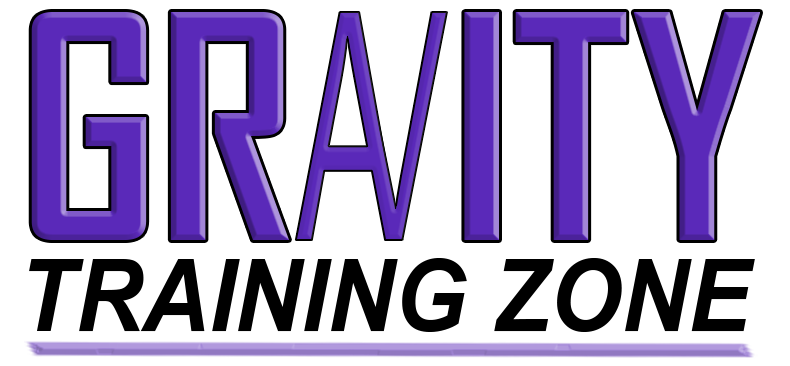Caffeine has its perks, but it can pose problems, too. Find out how much is too much and if you need to curb your consumption ! Curving your consumption can also help with weight loss and activity performance !
If you rely on caffeine to wake you up and keep you going, you aren’t alone. Caffeine stimulates the central nervous system, alleviating fatigue, increasing wakefulness, and improves concentration and focus.
When to consider cutting back:
For most healthy adults here are the moderate doses of caffeine — 200 to 300 milligrams (mg), or about two to four cups of brewed coffee a day aren’t harmful. Some circumstances may limit or even end your caffeine routine. Read on to see if any of these apply to you.
You drink 4 or more cups a day:
Although moderate caffeine intake isn’t likely to cause harm, too much can lead to some unpleasant effects. Heavy daily caffeine use — more than 500 to 600 mg a day — may cause:
Insomnia
Nervousness
Restlessness
Irritability
Stomach upset
Fast heartbeat
Muscle tremors
Even a little makes you jittery:
Some people are more sensitive to caffeine than are others. If you’re susceptible to the effects of caffeine, just small amounts, even one cup of coffee or tea, may prompt unwanted effects : such as restlessness and sleep problems.
How you react to caffeine may be determined in part by how much caffeine you’re used to drinking. People who don’t regularly drink caffeine tend to be more sensitive to its negative effects. Other factors may include body mass, age, medication use and health conditions such as anxiety disorders. Research also suggests that men are more susceptible to the effects of caffeine than are women.
You’re not getting enough sleep :
Most adults need seven to eight hours of sleep each night. But caffeine can interfere with this much-needed sleep. Chronically losing sleep — whether it’s from work, travel, stress or too much caffeine — results in sleep deprivation.
To change your caffeine habit more gradually, try these tips:
Keep tabs: Start paying attention to how much caffeine you’re getting from foods and beverages. It may be more than you think. Read labels carefully.
Cut back: But do it gradually. For example, drink one fewer can of soda or drink a smaller cup of coffee each day. Or avoid drinking caffeinated beverages late in the day. This will help your body get used to the lower levels of caffeine and lessen potential withdrawal effects.
Go decaf: Most decaffeinated beverages look and taste the same as their caffeinated partners.
Shorten the brew time or go herbal. When making tea, brew it for less time. This cuts down on its caffeine content. Or choose herbal teas that don’t have caffeine.
Check the bottle: Some over-the-counter pain relievers contain caffeine — as much as 130 mg of caffeine in one dose. Look for caffeine-free pain relievers instead.
The bottom line
If you’re like most adults, caffeine is a part of your daily routine. And most often it doesn’t pose a health problem. But be mindful of those situations so you can take control !
Gravity Training Zone – Get In The Zone
Work with our professional weight loss personal trainers in New Jersey’s #1 Fitness Coaching Center! Get your FREE 5-day VIP pass NOW!

